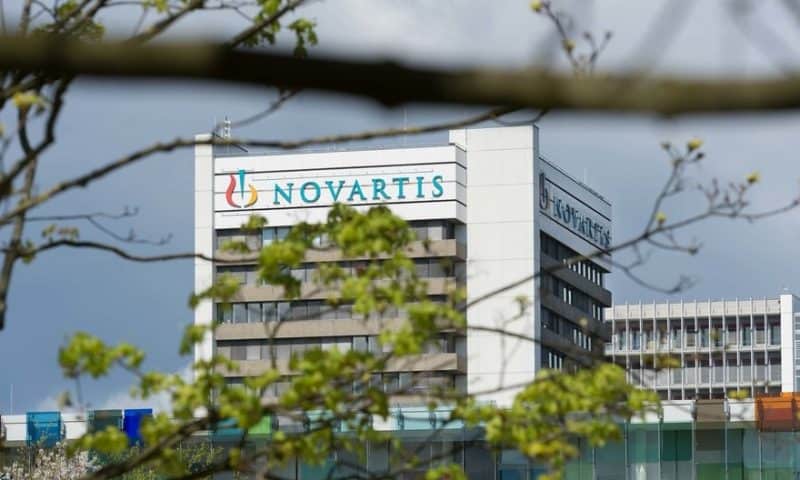More than a decade after severing ties to RNAi pioneer Alnylam, Novartis has returned to the deal table for an ambitious early-stage collaboration to restore liver function in patients with end-stage disease.
The project is focused on a liver target identified by Novartis. If the Swiss drugmaker is right, the target may hold the key to the development of a treatment that promotes the regrowth of functional liver cells. Such a therapy could free the around 9,000 U.S. patients who undergo liver transplants each year from the risks of complications related to the procedure and the side effects of anti-rejection medications.
Novartis needs help to realize that vision, though. Requiring a siRNA-based targeted therapy to unlock the potential of the target, Novartis has formed a three-year research collaboration with Alnylam with the goal of regenerating liver tissue and restoring the organ’s metabolic and synthetic processes.
“We have devised a restorative strategy that could potentially deliver a transformative benefit to patients with liver failure. We’re delighted now to work alongside Alnylam in this new collaboration, as the Alnylam siRNA platform is optimally suited to translate this concept to clinical investigation,” Jay Bradner, M.D., president of the Novartis Institutes for BioMedical Research, said in a statement.
The agreement tasks Alnylam with developing and testing potential siRNAs using target-specific assays from Novartis. If the work results in a lead candidate, Novartis will handle further development and clinical trials of the prospect.
Novartis first teamed up with Alnylam in the early days of the RNAi industry. However, having been part of a wave of Big Pharma companies who entered the nascent sector, Novartis contributed to a downturn in hopes for the modality by tearing up its contract with Alnylam. While Alnylam was forced to cut deep in the wake of losing the Novartis deal, it ultimately bounced back and validated the technology.

